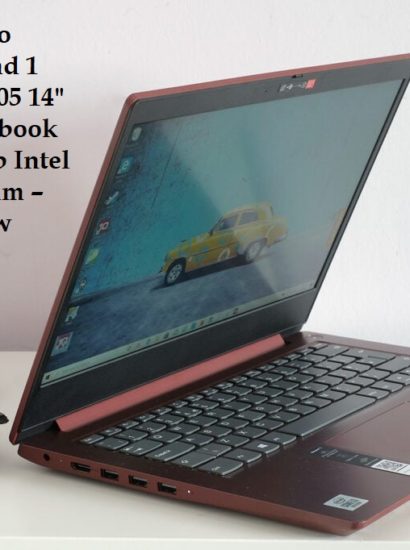It is important to keep your growing small business connected with the best business phone and internet phone system.
The best business phone and internet options will be different for each company.
We have put together a guide to the most common business phone technologies and their various advantages, VoIP, PBX (public branch exchange) and Hosted Cloud Telephony.
1. VOIP
Voice over IP (VoIP), refers to a telephone device that, instead of using a conventional phone connection, transmits audio and video data by using the internet.
VoIP does not use conventional circuit-switched networks, and so eliminates the need for physical infrastructure on-site. This in turn reduces the expense and space required by your business.
Advantages of VoIP
- Cost-Saving— In general, international calls are much cheaper using VoIP and all calls are normally free when both parties are using VoIP.
- Flexibility—VoIP platforms run on any device, so as long as you have an internet connection, you can use it wherever you are in the world.
- Scalable—Extra phone lines can be added with no extra cost or manpower, allowing you to scale your VoIP system as your business grows.
- Not Just Audio—Most VoIP platforms also let you make video calls and send images and documents
- Simple Installation— Normally, no new hardware is required and no physical line needs to be installed, meaning you can start using your VoIP platform the day that you sign up.
2. PBX
A PBX, or private branch exchange, is a type of phone system that centralizes the task of switching phone lines and routing calls within an organization. Instead of phones connecting directly to the lines, the phones connect to the PBX system, which assigns calls to lines automatically.
A PBX (Private Branch Exchange) is a system which switches lines and routes calls within an organisation, Rather than your phones connecting directly to the line, they connect to the PBX which then connects to the phone network and assigns calls to different lines as needed
Hosted PBX vs. On-Site PBX
Hosted PBX is a cloud-based PBX system that is based off-premises. It is normally maintained by a third-party service provider. It is cheaper and takes up no physical space.
On-site PBX, on the other hand, allows you to have more control over your system by keeping it in-house. This can be an advantage if there is some specific function that you cannot obtain from a hosted solution.
3. Cloud-Based Phone Systems
When a VoIP/PBX system is hosted in the cloud, it is referred to as a cloud-based telecoms system. If you have a solid business internet connection, a cloud-based system may well be the best choice for you. They are also well suited for small businesses and start-up that may lack the finances or physical space to set up their own on-site system.
The previously discussed Hosted PBX is an example of a cloud-based phone system.
What are the advantages of a Cloud phone system?
- Peace Of Mind— As your system is being hosted by your service provider, they are responsible for the upkeep and day-to-day maintenance. If you trust your provider to do this adequately then it gives you significantly more peace of mind.
- Low Set Up Fee– As the system is hosted off site, there is no physical infrastructure to install, lowering set up costs to near zero.
- Easy To Manage—Making changes to your hosted system is extremely easy. Everything is controlled via a web-based portal which you can access securely from any device. From here you can add lines/users, review data or upgrade your plan.
- Scalability—Scaling hosted systems is easier and faster. Adding a new phone line is as simple as adding a new user and doesn’t require the physical installation of a new line. This allows your VoIP platform to grow with your business.
- Work Remotely Easier—Hosted platforms are reliany only on a good internet connection. You can access them from anywhere on any device. For example, using public WIFI on your commute, or using a portable mobile broadband device while travelling. Hosted systems allow for smoother communication between staff no matter where they are in the world.
- Highly Reliable—Cloud-based providers operate on a system of redundancy, meaning they have more servers and bandwidth available than they are currently using. Many serve as backups for each other. All together this mean that cloud-based systems are highly reliable. This is critical for businesses as downtime can very quickly lead to lost income. This reliability is probably the biggest advantage of cloud-based systems.
We hope this has given you an overview of just a few of the choices available for business phone and internet options. There are dozens more options available to businesses as well as incrementally different versions of the technologies described above. We recommend also speaking to other business owners about the technologies and providers they use.













